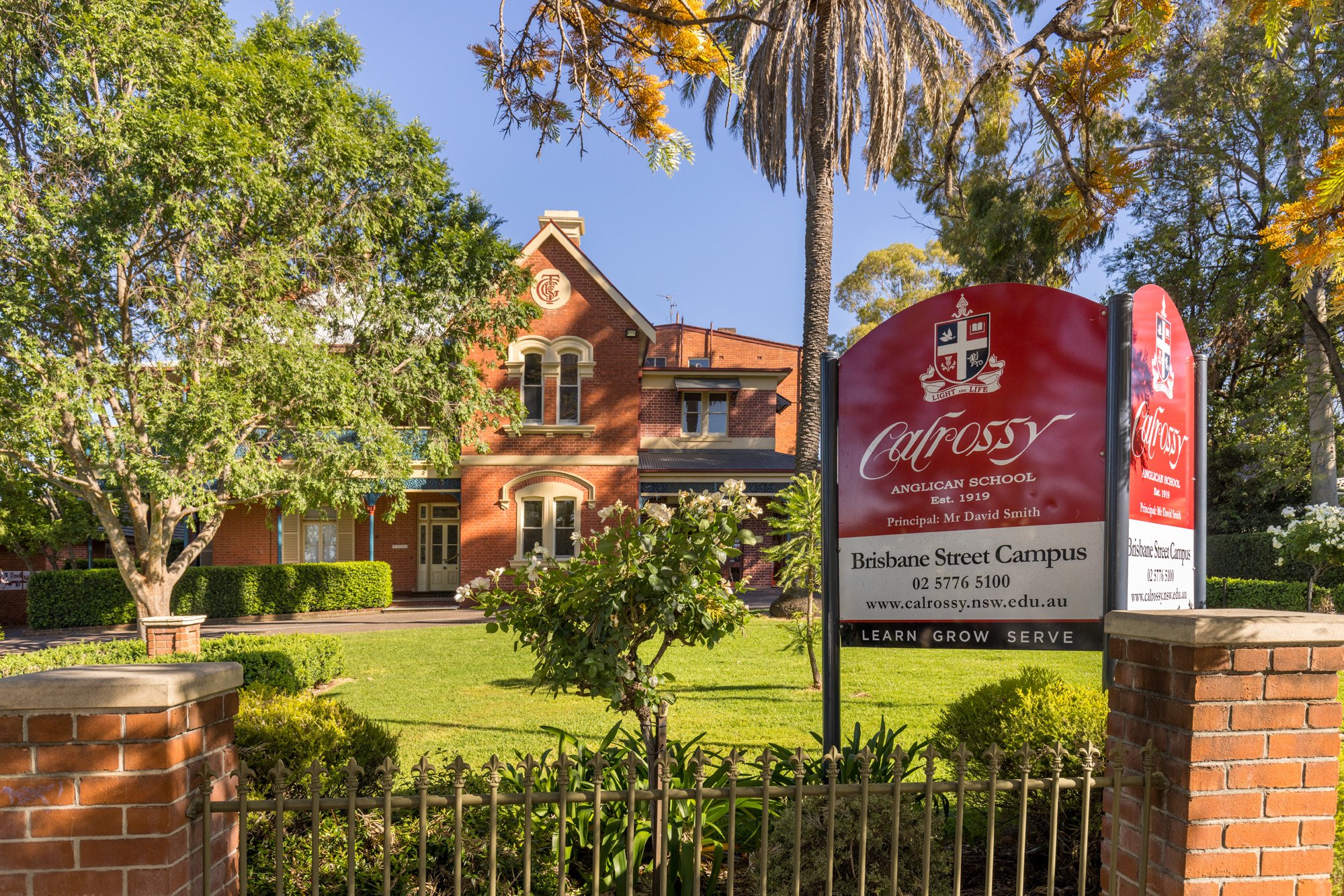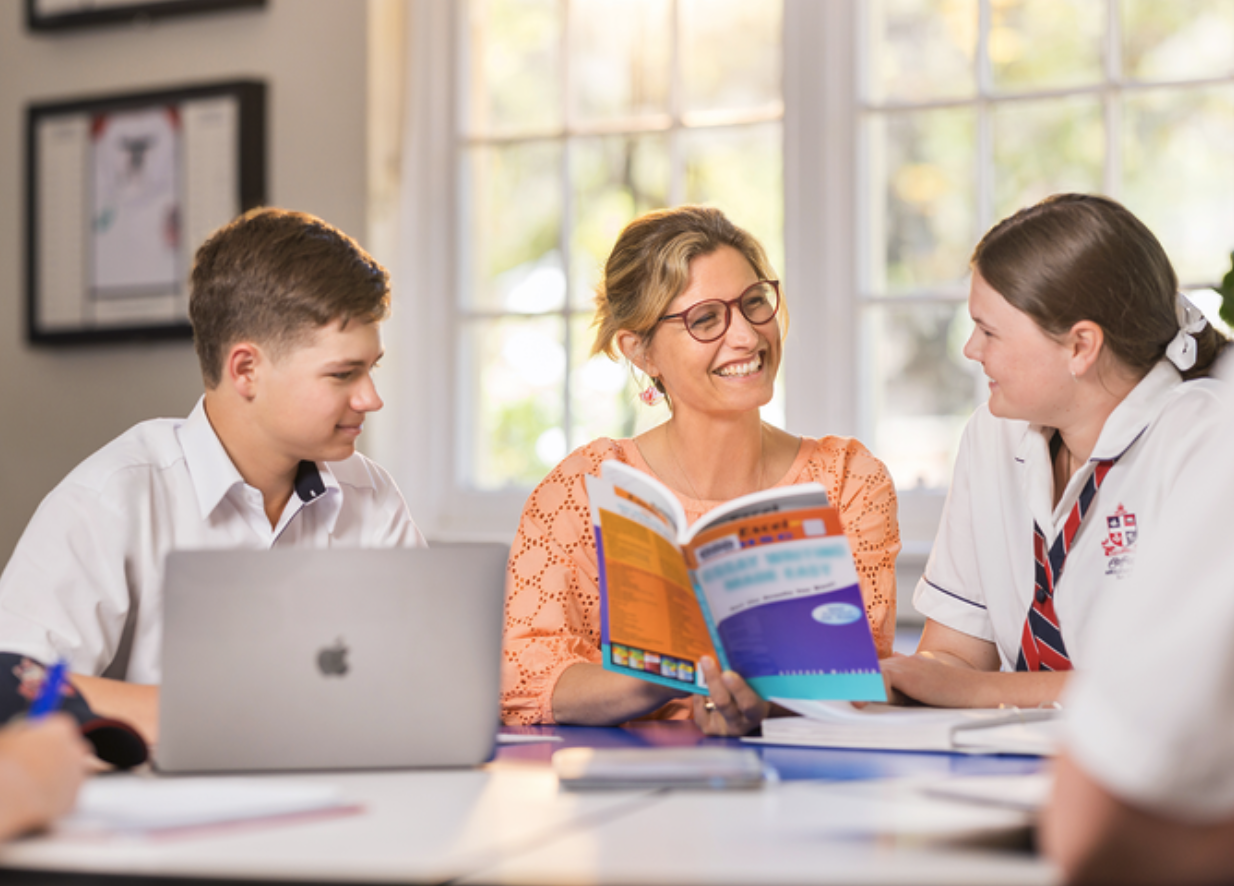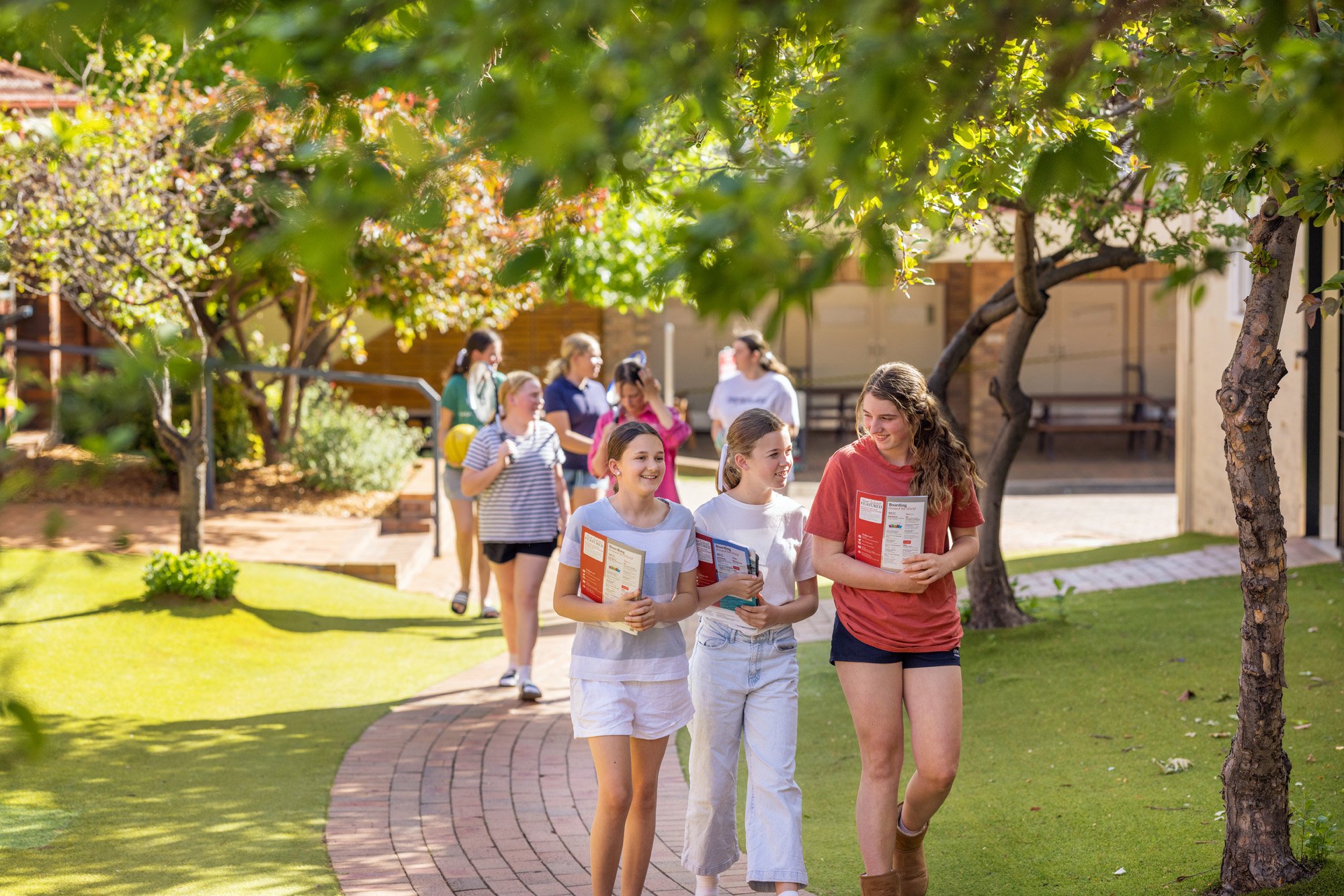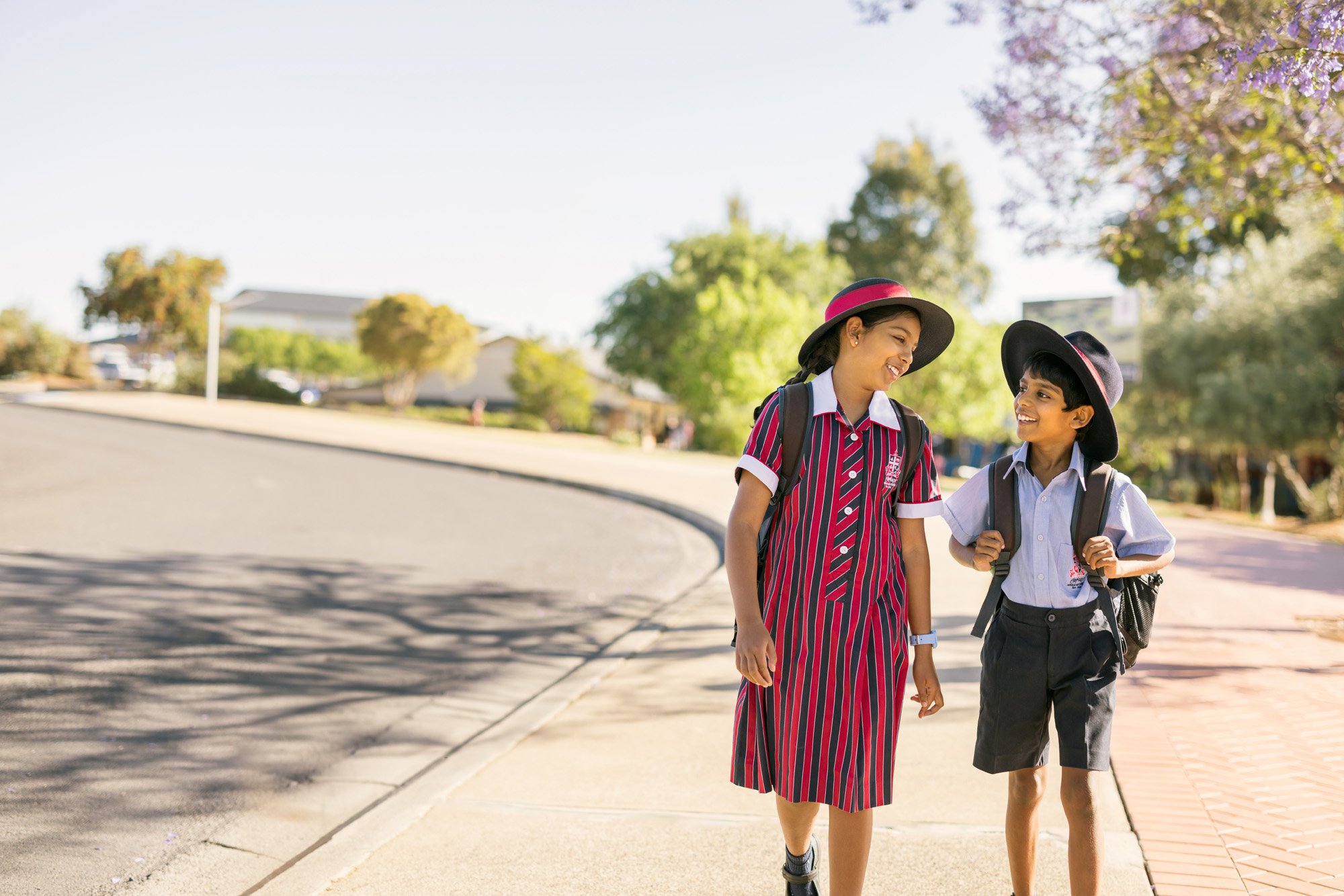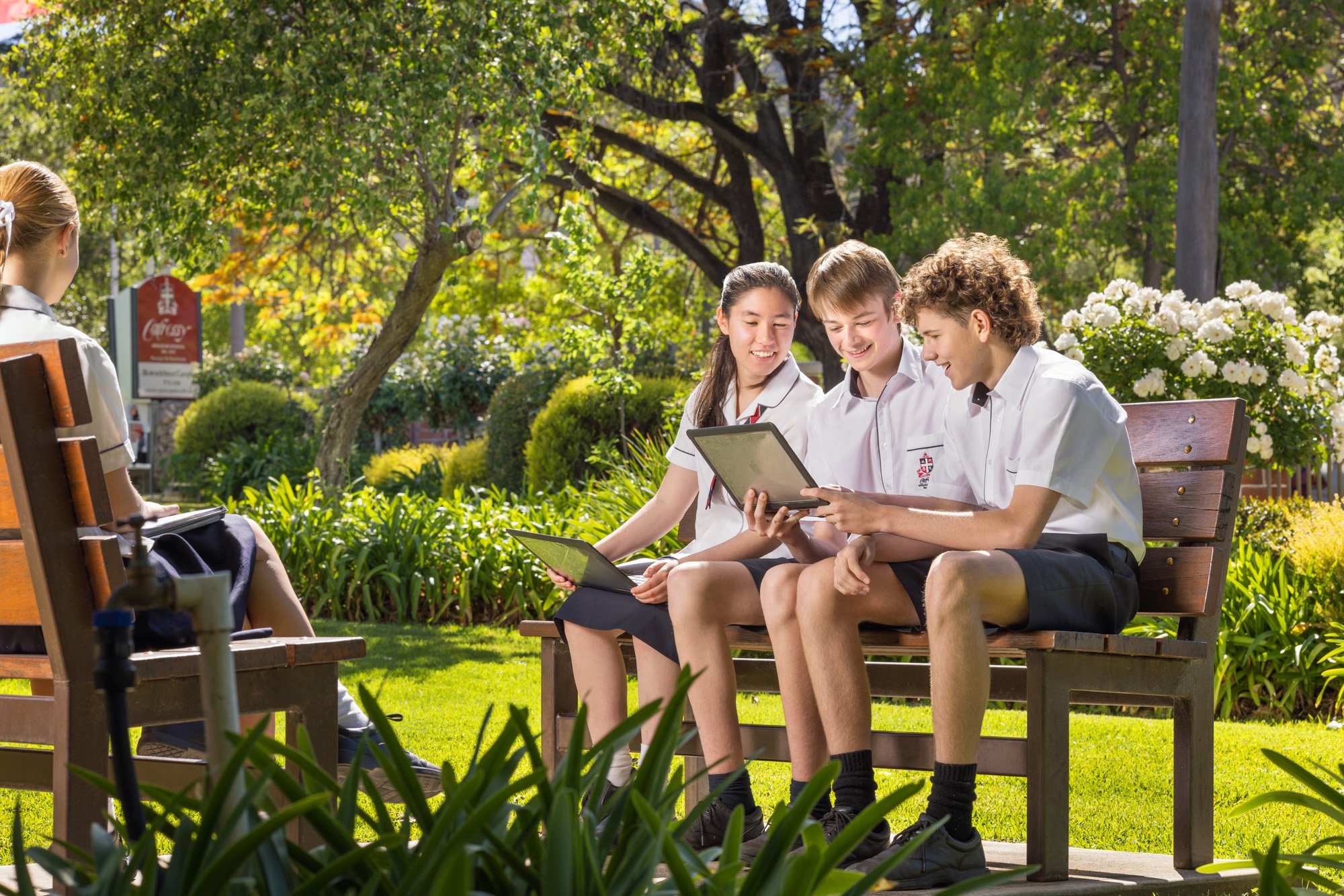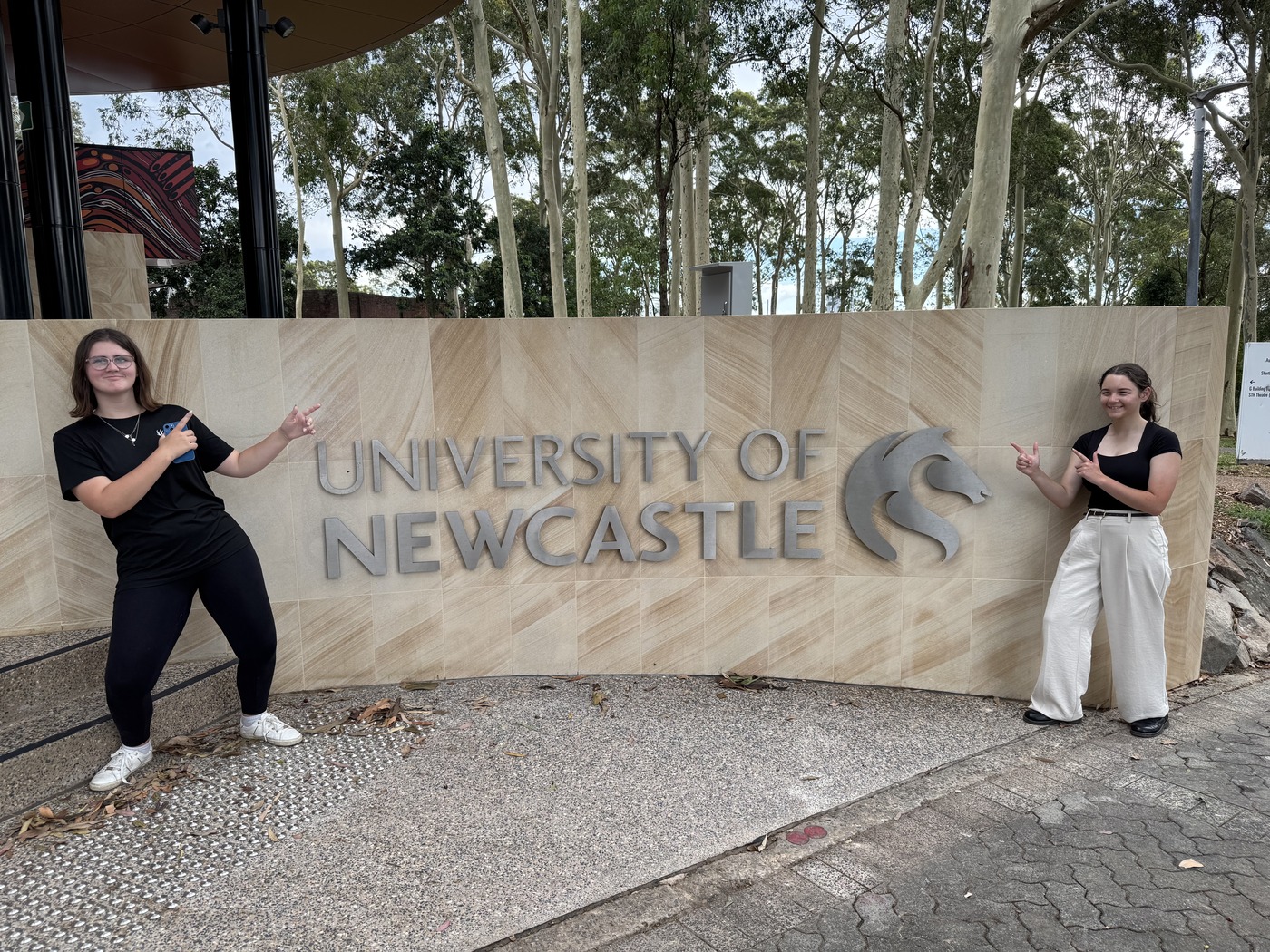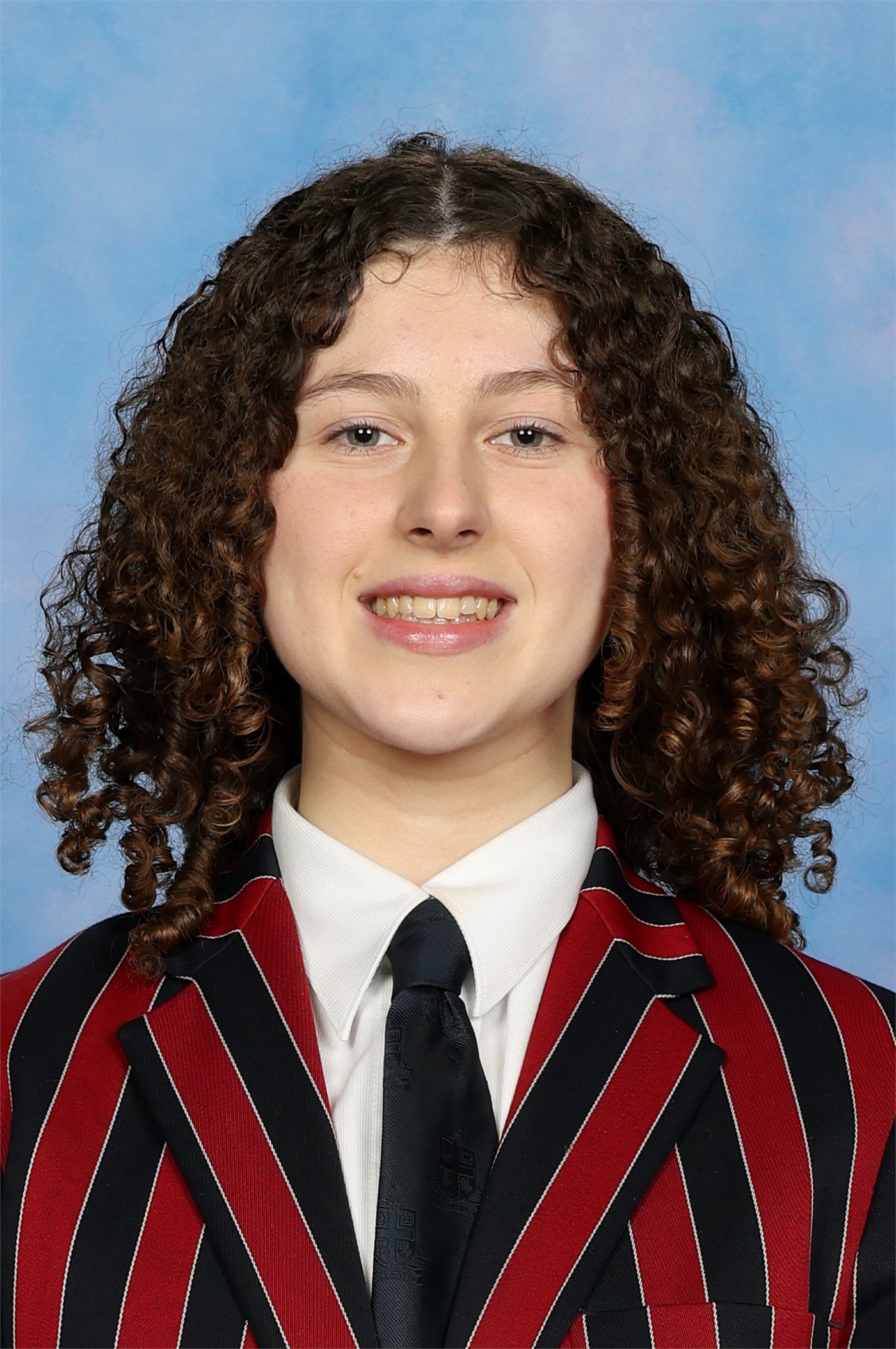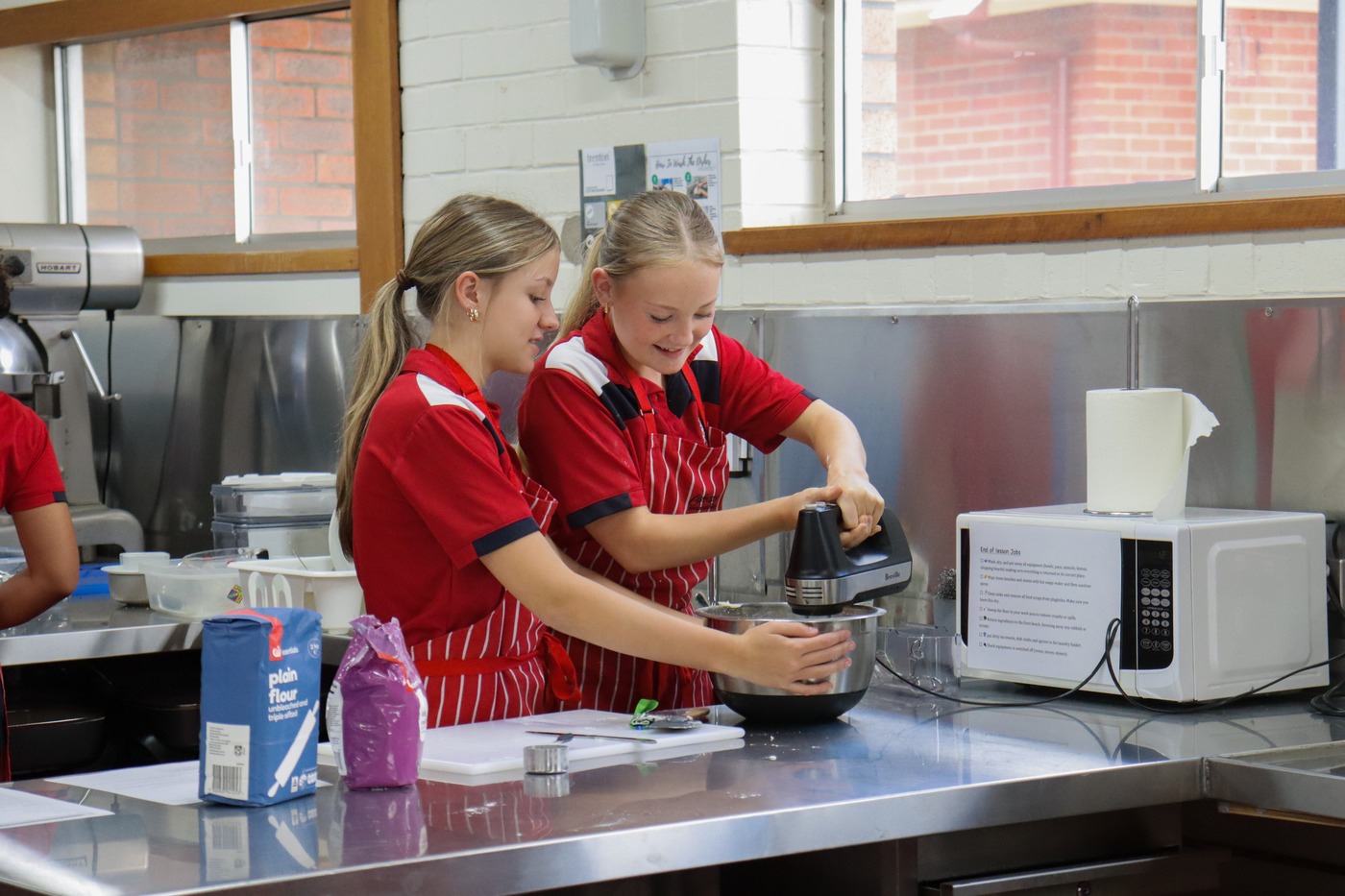Latest News
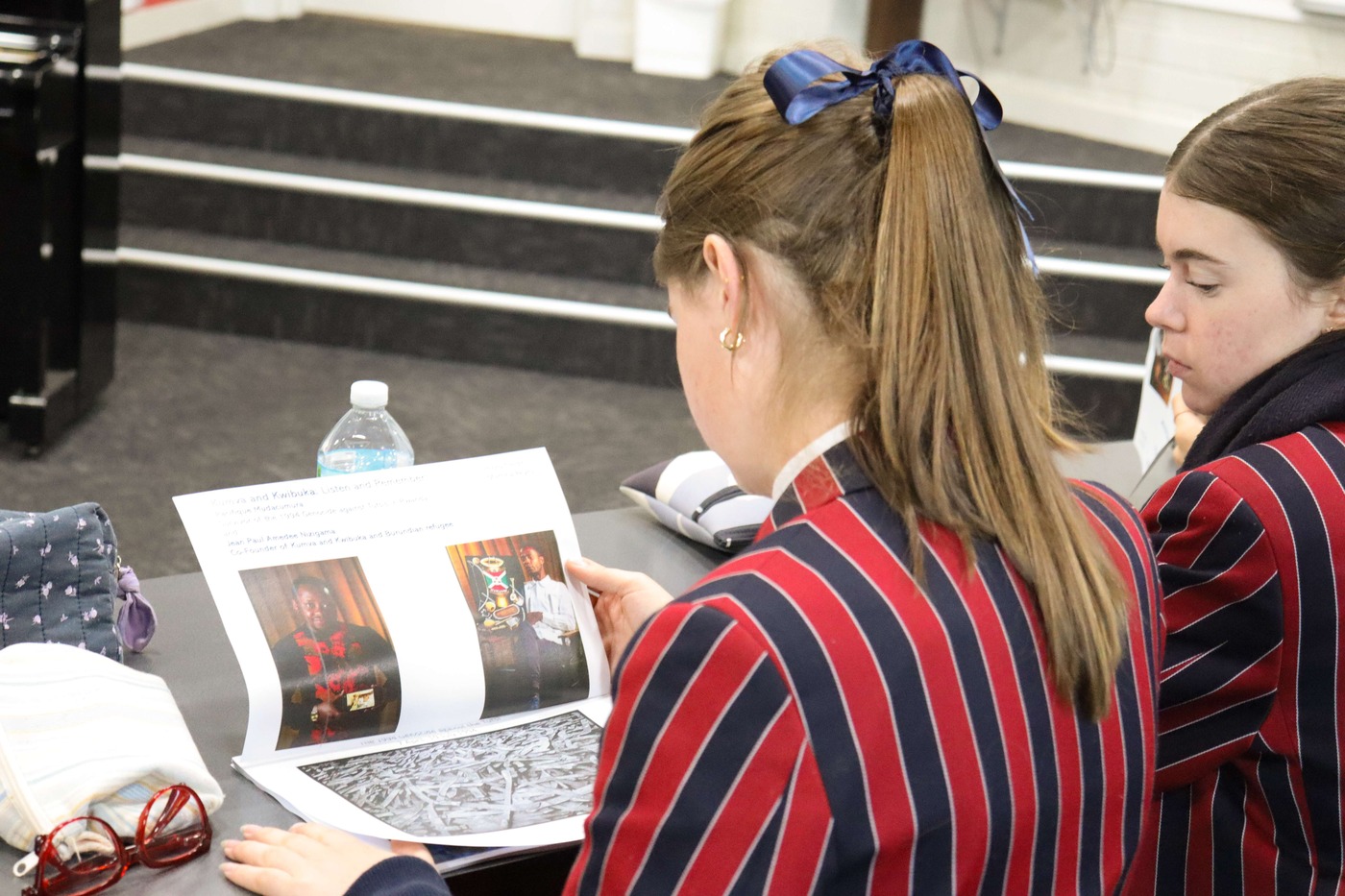
Calrossy Students Inspired by Global Voice for Resilience and Kindness
Sometimes the most powerful lessons come not from textbooks, but from the voices of those who have lived history’s darkest moments and chosen to respond with hope. That was the extraordinary experience of Calrossy’s Year 12 Legal Studies students recently, as they connected via Zoom with international educator Dr Ari Lander, who has dedicated his career to amplifying the stories of genocide survivors in a global mission of empathy, resilience, and kindness.
Dr Lander, a PhD historian and co-founder of the organisation Kumva and Kwibuka — an educational program built around the firsthand stories of Rwandan survivors of the 1994 Genocide against the Tutsi—spoke directly to the class of Mr James Forsyth. Dr Lander’s life’s work has been shaped by interviewing Holocaust and genocide survivors across the globe, capturing stories of unspeakable tragedy but also unimaginable strength.
The students’ current focus on the legal implications of international war crimes found deep resonance with Dr Lander’s message: that understanding history is not only about facts and figures, but about confronting the human faces behind those events.

“What does it mean when your neighbours come to murder you?” he challenged the students to consider—a chilling question that speaks to the personal and communal consequences of hate-fuelled violence.
While the legal frameworks for prosecuting such crimes are complex, Dr Lander believes that true change begins with awareness and empathy. “Even though this happened before you were born, it’s a story you need to engage in and understand,” he said.
“Links to the Legal Study Syllabus for the HSC topic of the Core Crime exploring international crime exploring the categories of crime in particular genocide and war crimes. We have been looking at the effectiveness of international legal systems in terms of extraditing war criminals back to the country of origin. We have been using Rwanda as a case study to explore these sections of the syllabus,” explained Mr Forsyth.
Kumva and Kwibuka’s philosophy aligns remarkably with Calrossy’s own values, particularly in this Year of Kindness . The survivors Dr Lander works with—some the only surviving members of their families—have chosen not only to survive but to educate, inspire, and advocate for compassion. They stand as living examples of both resilience and kindness , one of Calrossy’s core values and the other the School theme for the year of 2025.
“Do good things in your life, big things and little things. Be kind to each other,” Dr Lander urged the students in a message that was as hopeful as it was profound.
Mr Forsyth shared that the experience offered his students more than legal insight—it nurtured their growth as thoughtful, compassionate global citizens, expanding their understanding of humanity and justice.
“Absolutely as few people in society are familiar with the Rwandan Genocide. Therefore, it is making our students active informed citizens and how the West turned a blind eye to this event. It also shows the students the survivors of this Genocide have gone on to do remarkable things in the world,” said Mr Forsyth.
“It really contextualised for me the importance of consistency of international law in terms of seeking social justice for victims of war crimes,” said Year 12 student, Alice O’Brien.
This extraordinary opportunity exemplifies how learning at Calrossy extends beyond the curriculum, preparing students to think critically, care deeply, and act with integrity in a global context.

The message Dr Lander left the class with not just as an academic lesson, but as a life lesson.
It’s a message we hope these students and Calrossy will carry throughout the Year of Kindness and beyond.


